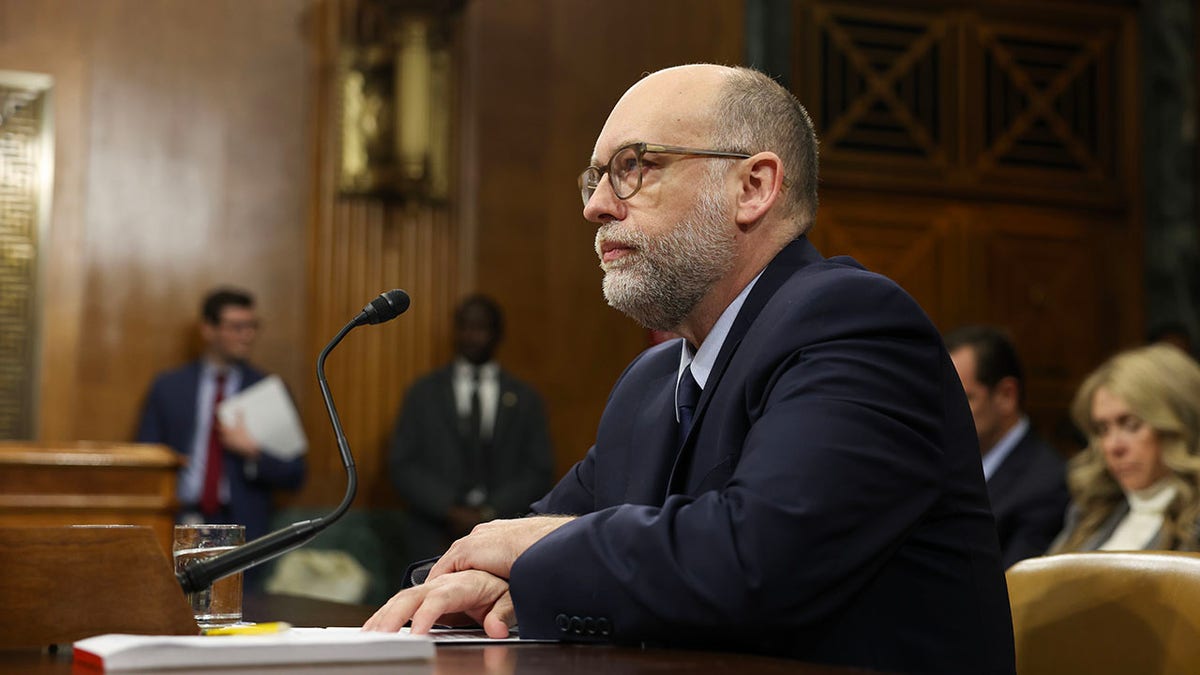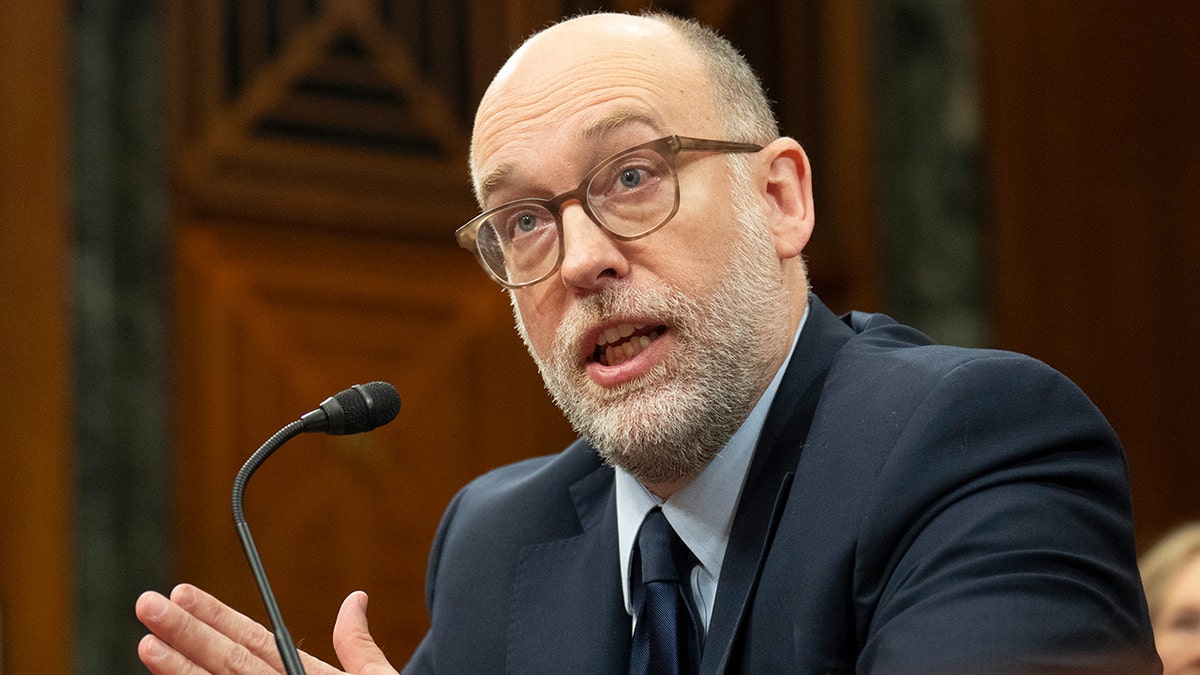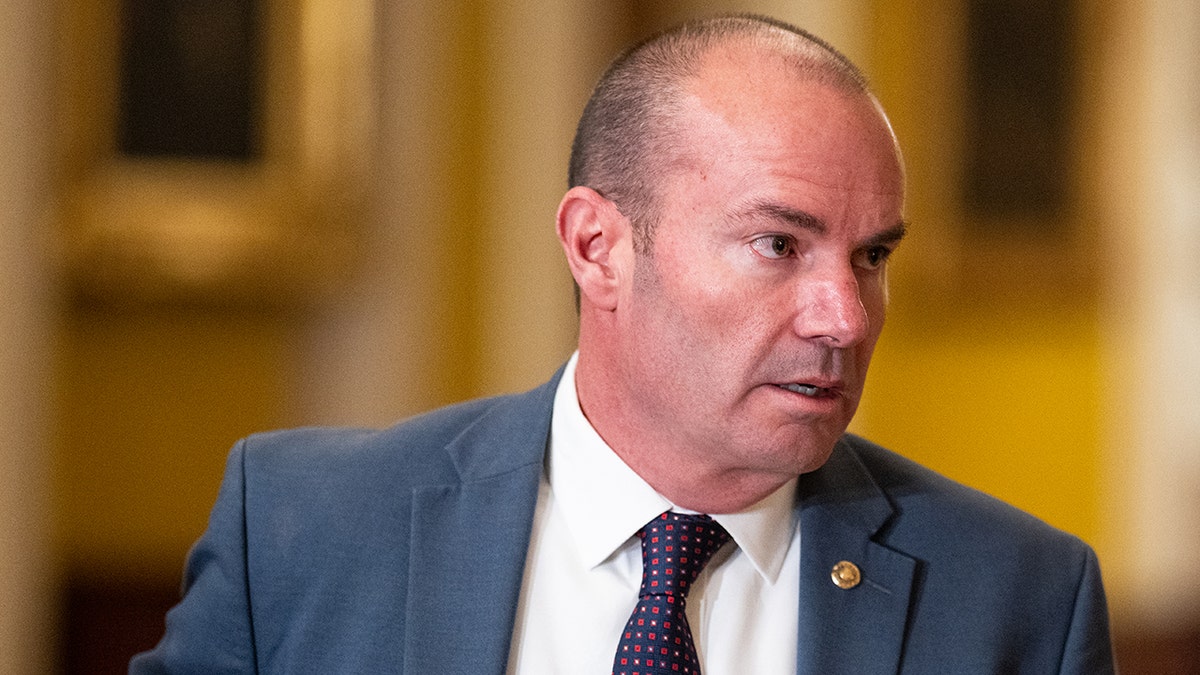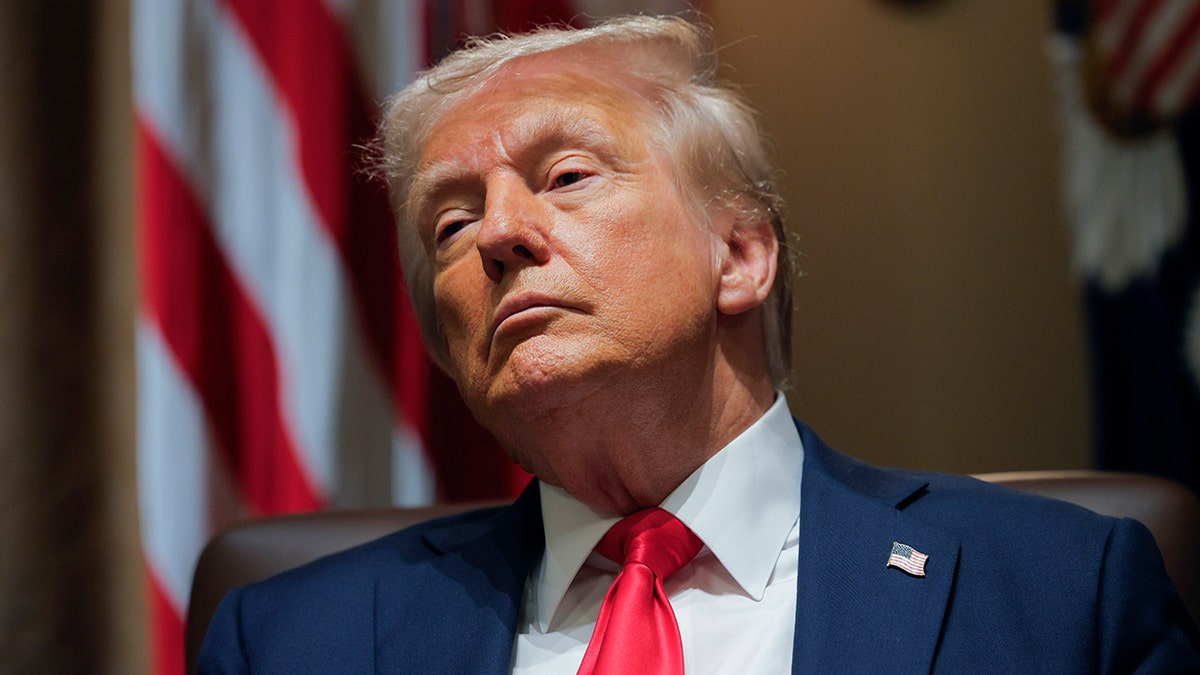A renewed debate over government spending is intensifying in Washington, D.C., with the recent Senate confirmation of Russell Vought as director of the Office of Management and Budget (OMB). This confirmation, along with a prior OMB memo temporarily freezing federal grants and loans, has sparked concerns among some Senate Democrats about a potential "constitutional crisis" regarding the executive branch's power over federal funds.
At the heart of the issue lies the Impoundment Control Act of 1974, a law both former President Trump and Vought argue is unconstitutional. This law reinforces Congress's control over federal spending and prevents the executive branch from independently withholding allocated funds. However, legal scholars largely agree that the law is constitutional and that the executive branch cannot simply choose not to spend money Congress has appropriated.
Understanding the Impoundment Control Act
The U.S. Constitution grants Congress the power of the purse, giving it the authority to manage the federal budget. The Impoundment Control Act was enacted to solidify this authority after instances where presidents withheld funds appropriated by Congress. The Act requires the executive branch to obtain congressional approval before spending less than the budgeted amount or deferring funds, ensuring transparency and oversight.

Russell Vought testifies during his Senate confirmation hearing. (Kayla Bartkowski/Getty Images)
Vought's critics worry his leadership at OMB will lead to further attempts to restrict spending, similar to the temporary freeze outlined in the OMB memo. Democrats argue this action violated the Impoundment Control Act. Vought has consistently maintained that the Act is unconstitutional, citing historical precedents where presidents spent less than Congress allocated. He and others who support executive impoundment often point to Thomas Jefferson's decision to postpone purchasing gunboats in 1803. Vought's own organization, the Center for Renewing America, argues that impoundment allows the executive branch to enforce fiscal responsibility and that the president has the authority to ensure efficient use of funds.
However, legal experts contend that the Constitution and established legal precedent clearly place spending authority with the legislative branch. They argue that the president has a constitutional duty to execute laws, which includes spending appropriated funds, and that the courts are unlikely to support the view that the president can unilaterally decide how to spend government money. Furthermore, they point to the Supreme Court's decision in Train v. City of New York (1975), which affirmed that federal agencies must use the full funding allocated by Congress.

Vought has repeatedly defended his stance on the Impoundment Control Act. (Jacquelyn Martin/The Associated Press)
While the White House rescinded the memo that paused federal aid, the move did not signal a reversal of the underlying policy. Republican leaders in Congress downplayed the memo, suggesting it was standard procedure during a transition of power. However, the memo intensified opposition to Vought’s nomination, with Democrats highlighting his role in the 2019 withholding of military aid to Ukraine, an action the Government Accountability Office later deemed a violation of the Impoundment Control Act.

Sen. Mike Lee has introduced legislation to repeal the Impoundment Control Act. (Bill Clark/CQ-Roll Call, Inc via Getty Images)
Looking ahead, Vought has indicated the Trump administration may pursue reforms related to impoundment law, potentially through a review with the Justice Department. Some lawmakers have even proposed legislation to repeal the Impoundment Control Act. Legal experts suggest that any changes to the Act would likely need to come through the legislative process, though such efforts could face resistance from members of Congress who see it as an infringement on their authority.
The debate over the Impoundment Control Act and the executive branch's power over spending highlights a fundamental tension in the U.S. system of government. The coming months will likely reveal how this tension plays out and whether any significant changes to the law are forthcoming.








